Blurred rituals: Do poppy services at funerals amplify the emotional resonance of Anzac Day?

My grandfather served in the Australian military in World War 2.
Mum’s dad enlisted on 9 July, 1940 with the 2nd/25th Infantry Battalion, and ended up fighting in various war zones including Syria, Papua New Guinea and Borneo. He was wounded in action multiple times, but unlike several other men in our family, he was lucky enough to make it home alive.
I was only 6 years old when he passed away. My mother’s recollections are that he was quite traumatised by his experiences, never talked much about the war, and didn’t have much to do with the local RSL (in large part because he wasn’t a big drinker). He did march in Anzac Day parades from time to time, but it wasn’t a huge part of his life.
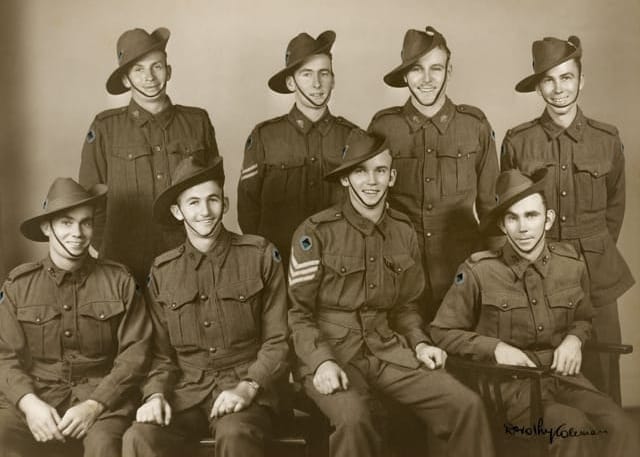
I’ve attended dozens of Anzac Day and Remembrance Day services over the years, particularly in my role as a city councillor. Like a lot of people, I’ve long been uncomfortable about the way Anzac Day commemorations often feel more like celebrations of militarism than sombre acknowledgements of the horrors of war.
There are numerous legitimate reasons to be cynical of ‘khaki nationalism.’ I’ve never felt that critiquing the politics of Anzac Day was in any way disrespectful of my grandfather’s legacy and sacrifice, or meant that I loved him any less. In fact, speaking out against how the pomp and extravagance of 25th April is used to entice successive generations of young people into the military feels like an important way to honour his memory, and the suffering he and so many of his family experienced.
So I’ve always found it jarring just how emotional and viciously defensive some people get when anyone dares to say an ill word about Anzac Day. The strength of feeling can be startling. For some people, critiquing the parades and services is experienced as a direct attack on their loved ones – especially deceased ancestors. It’s almost as though you’ve deliberately taken a shit on someone’s grave.
A couple years ago, I got a new insight into this phenomenon.
My mum’s oldest brother passed away in November 2023. He wasn’t a soldier, but he’d been a military chaplain at various points in his life. Although I don't believe he ever served overseas, my uncle was much more active in his local RSL than his father had been. So his funeral included a military rite I’d never seen before – a poppy service.

A poppy service basically feels like a condensed, 15-minute version of a Remembrance Day ceremony. RSL protocols dictate that it can happen at the graveside just before burial or, as in my uncle’s case, shoehorned into the church funeral itself. The ceremony includes recitation of the Ode of Remembrance, and playing of the Last Post and The Rouse (not to be confused with Reveille).
For the vast majority of Australians, the only other times you’ll hear these tunes and words are on Anzac Day and Remembrance Day.
I find this overlap intriguing.
Experiences of extreme grief literally rewire the brain. At such times, rituals (like the poppy ceremony) can also embed themselves in the mind in powerful ways that we don’t fully understand, particularly when they revolve around music and poetry.
Since my uncle’s funeral, I’ve noticed at subsequent Anzac Day and Remembrance Day events that when I hear the Last Post being played and the Ode of Remembrance read out, memories of him pop into my head unbidden.
Interestingly, I don’t have this same experience for my grandfather, even though he actually fought overseas in World War 2, whereas Mum’s brother was a non-combatant chaplain whose military service here in Australia never put him in any significant danger.
I won’t pretend to understand the psychology or neuroscience behind this. But basically it feels like the inclusion of the poppy service military rites within my uncle’s funeral has created a profound new link between my fond memories of him, and the rituals of Anzac Day. The Last Post and The Rouse have now become songs I associate with him, entirely because they were played during his funeral service.
But the emotional resonance is broader than just sad and happy feelings about my uncle himself. His funeral was the first time in at least twenty years that all of my first cousins on my Mum’s side of the family were in the same place at the same time. The hospital visits in the days before his death, and the gatherings after the funeral, were also a time of reconnecting joyfully with extended family members I hadn’t seen in years, and slowing down to reflect on what really matters in life.
So, weirdly, the pomp and trappings of the poppy service – and by extension, Anzac Day and Remembrance Day – are also now connected to deep, positive feelings about catching up with my extended family.
A strange, potent blurring has occurred.
Funerals of close friends and relatives are often among the most significant occasions in our lives. Under modern capitalism, few other events are tolerated as valid excuses for skipping work at short notice, or for temporarily letting an inmate out of prison (noting though that most prisoners are still denied this opportunity, and those who do secure permission to attend funerals generally have to pay thousands of dollars).
Attending a funeral can also remind you of other funerals you’ve been to, layering and mixing bittersweet memories of multiple deceased loved ones in an intense emotional conglomeration.
When daily life in secular Australia's dominant culture is largely bereft of ritual and reverence, the rituals and symbols we do use to mark these sacred moments can take on multiple layers of meaning that we may not even be fully conscious of.
So I’m wondering if one reason (among many others) why Remembrance Day and Anzac Day services have become so important for some Australians is that on an emotional level, these national days have been closely tied to the funerals of individual loved ones via military rites such as the poppy service.
For someone whose deceased parent, grandparent or other close relative had a poppy service when they died, each Anzac Day service could feel a little like you’re reliving their funeral all over again. You might not even notice this is what’s happening, but the identical symbols, poems and songs are potentially resonating in the same parts of your brain that carry your last, most powerful memories of the person.
It’s perhaps not even going to be an obvious case of “these particular tunes and poems at Anzac Day now remind me directly of my relative,” but a deeper, subtler linkage; the unique combination of military symbols, mournful bugle calls and solemn readings evoke the same strength of feeling you experienced at the funeral, without you necessarily realising why.
You might wrongly conclude that the waves of emotion washing over you as the Last Post plays reflect your love for your country and general respect for the Anzac military tradition, when in fact the rituals are just resurfacing the profound grief of losing a loved one, and all the other emotions connected to events surrounding their passing.
To be clear, I'm not arguing that poppy services are an inherently bad thing, or that my uncle's funeral shouldn't have included one. But I think it would be good if more people reflected with an open mind on the way such military rites might be subtly shaping our society.
I don’t want to overstate the impact of this one small aspect of Australian military culture. If a veteran made their military service a big part of their identity, their descendants are of course going to recall them on 25 April and 11 November each year, regardless of whether a poppy service was or wasn't included in their funeral.
In the Tamil traditions of my father’s family, different rituals and rites are observed each year to commemorate deceased parents and grandparents on the anniversaries of their deaths. Many (perhaps almost all?) cultures across the globe observe similar customs.
But most white Australians have no such rituals. So I can imagine that for some families, Anzac Day and Remembrance Day come to fill that role... annual ceremonies where they can revere and honour dead ancestors, and grieve their absence.
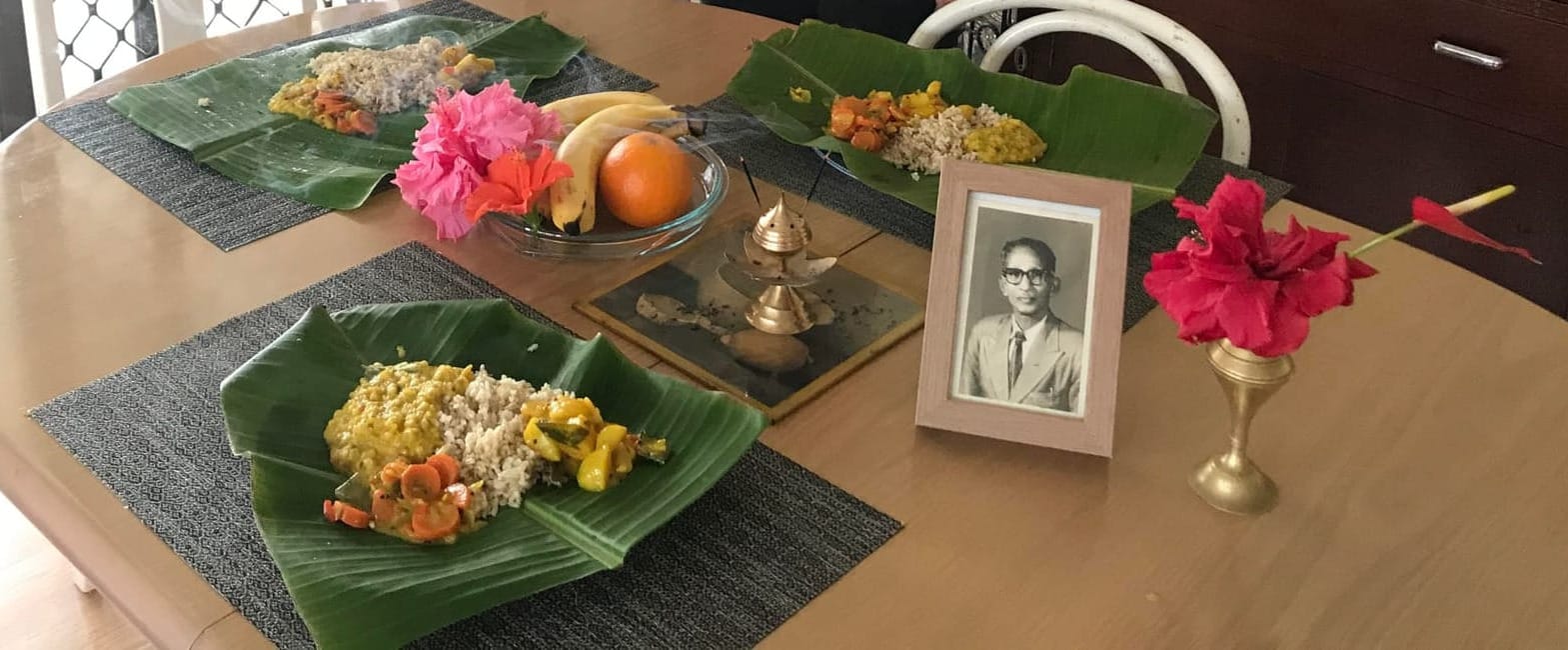
There are many reasons why these national commemorations of war and sacrifice have become such a huge part of Australian culture, and are so fiercely defended by so many. If a government spends hundreds of millions of dollars promoting any kind of cultural tradition or myth-making ritual, of course it’s going to become a major part of many people’s lives, with or without military funeral rites.
But for me personally, the poppy service at my uncle's funeral does seem to have created new subconscious connections between my memories of him, and key Anzac Day and Remembrance Day rituals, even in spite of my general cynicism towards militarism. It’s prompted me to think more deeply about the power of ritual in shaping attachments to political ideas, and why some people act like absolute jerks whenever anybody dares to criticise certain aspects of Anzac Day and its surrounding religious mythologies.
In a society that doesn't leave much space at all for ceremony and ritual, many people will feel motivated to defend the few collective traditions we do hang on to more zealously, regardless of what other interests and political agendas they might be serving...

Hope you enjoyed this piece! Please share it around on social media so more people get to read it.
I know I'm not the only person who's worried about rising censorship and attacks on the free expression of ideas. Many of the institutions and platforms that anti-establishment artists, academics and activists could once rely upon to have their backs have become increasingly spineless and close-minded in the face of growing pressure from fascists.
We urgently need to carve out new spaces where we can have tough conversations and unpack potentially challenging topics. So I'm incredibly grateful to everyone who supports this blog. If you value writing like this being publicly available, and you're not already a subscriber, please consider signing up as a financial contributor for $1/week.
Or if you don't want to subscribe, you can also make a one-time financial contribution.
You might also like this short poem I wrote a while back, about my father returning home after the Sri Lankan civil war kept him away for many years.
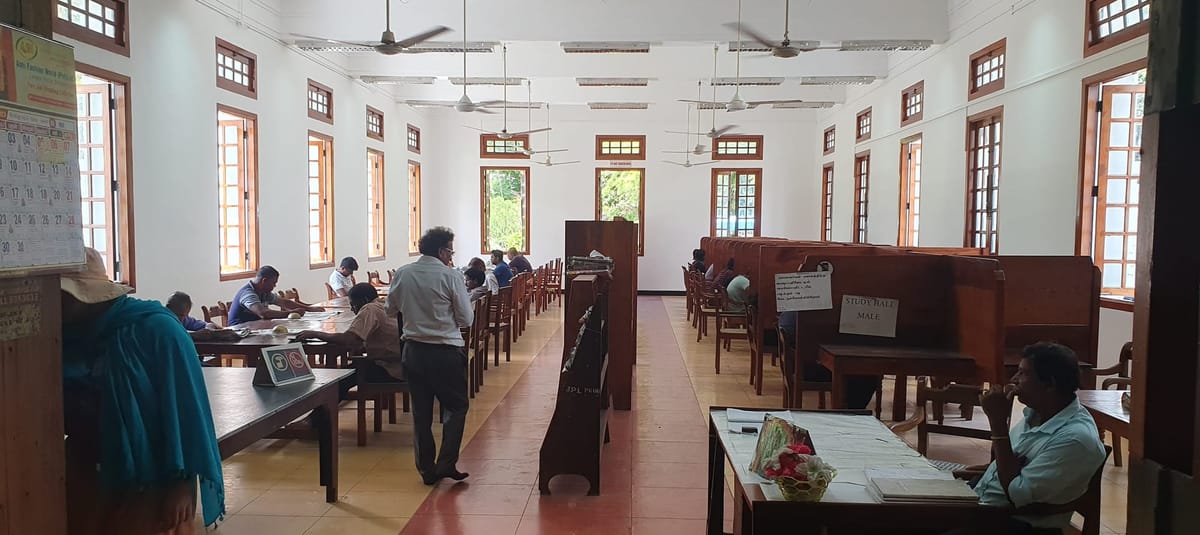
And if you have thoughts on this article, don't be shy about leaving a comment below!

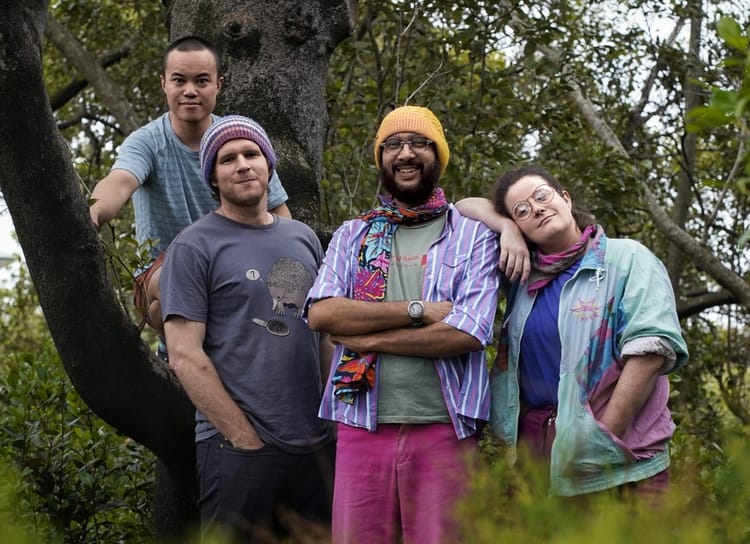
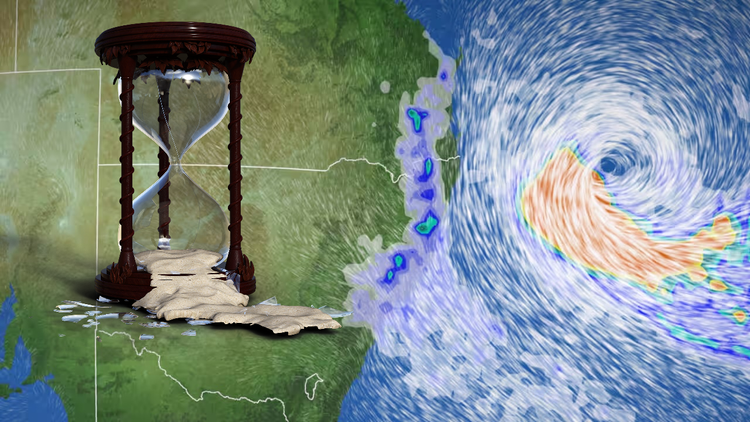
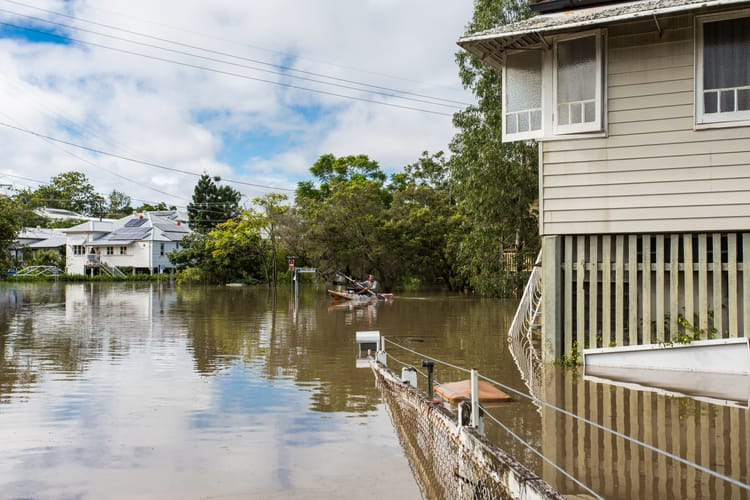
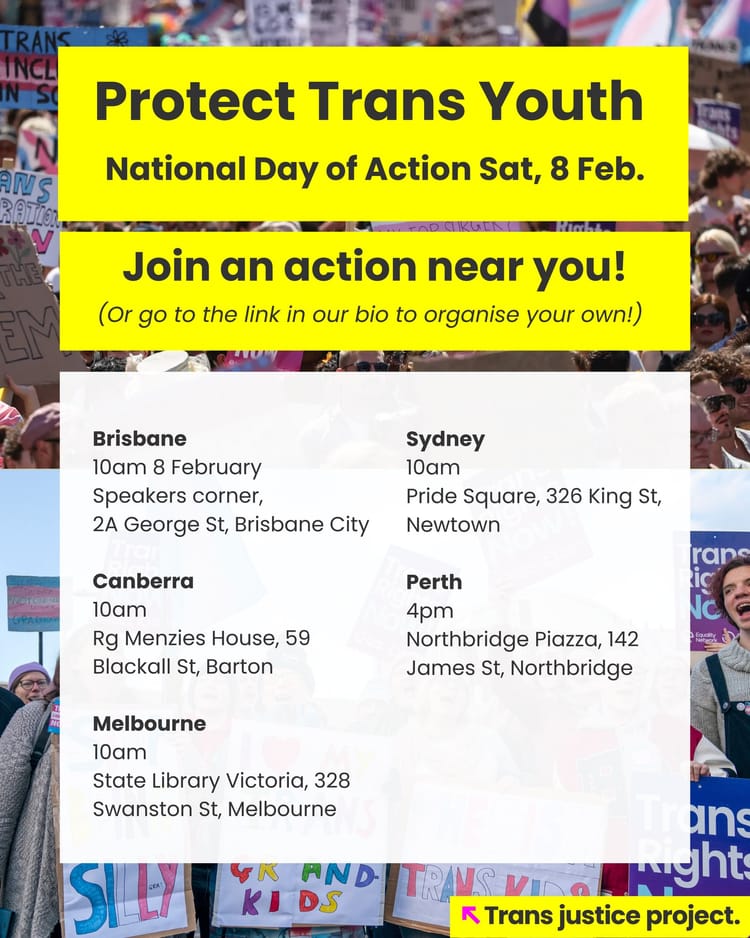
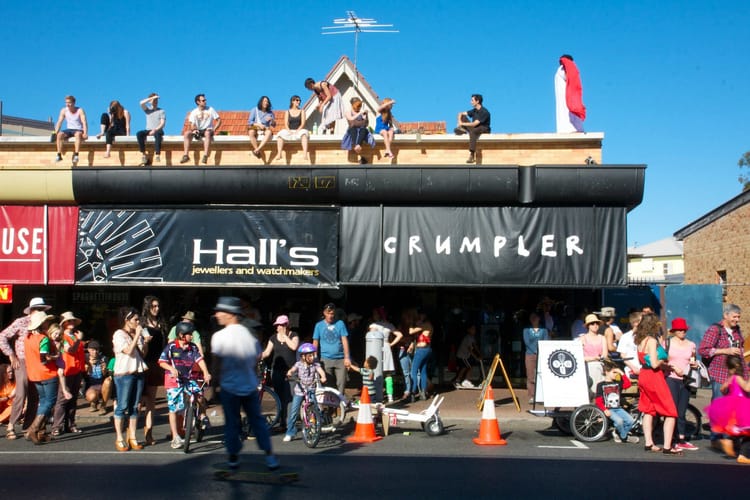
Member discussion